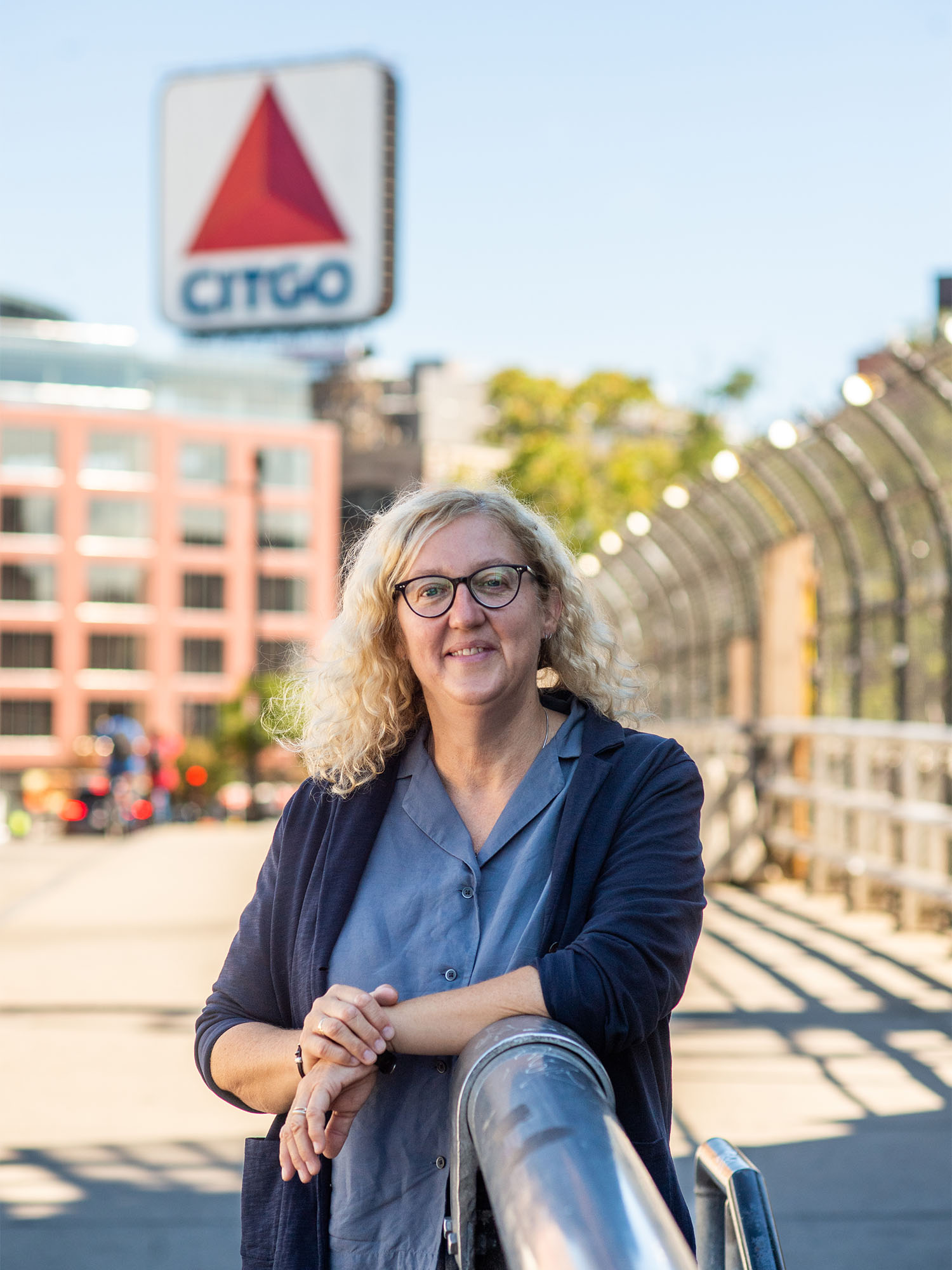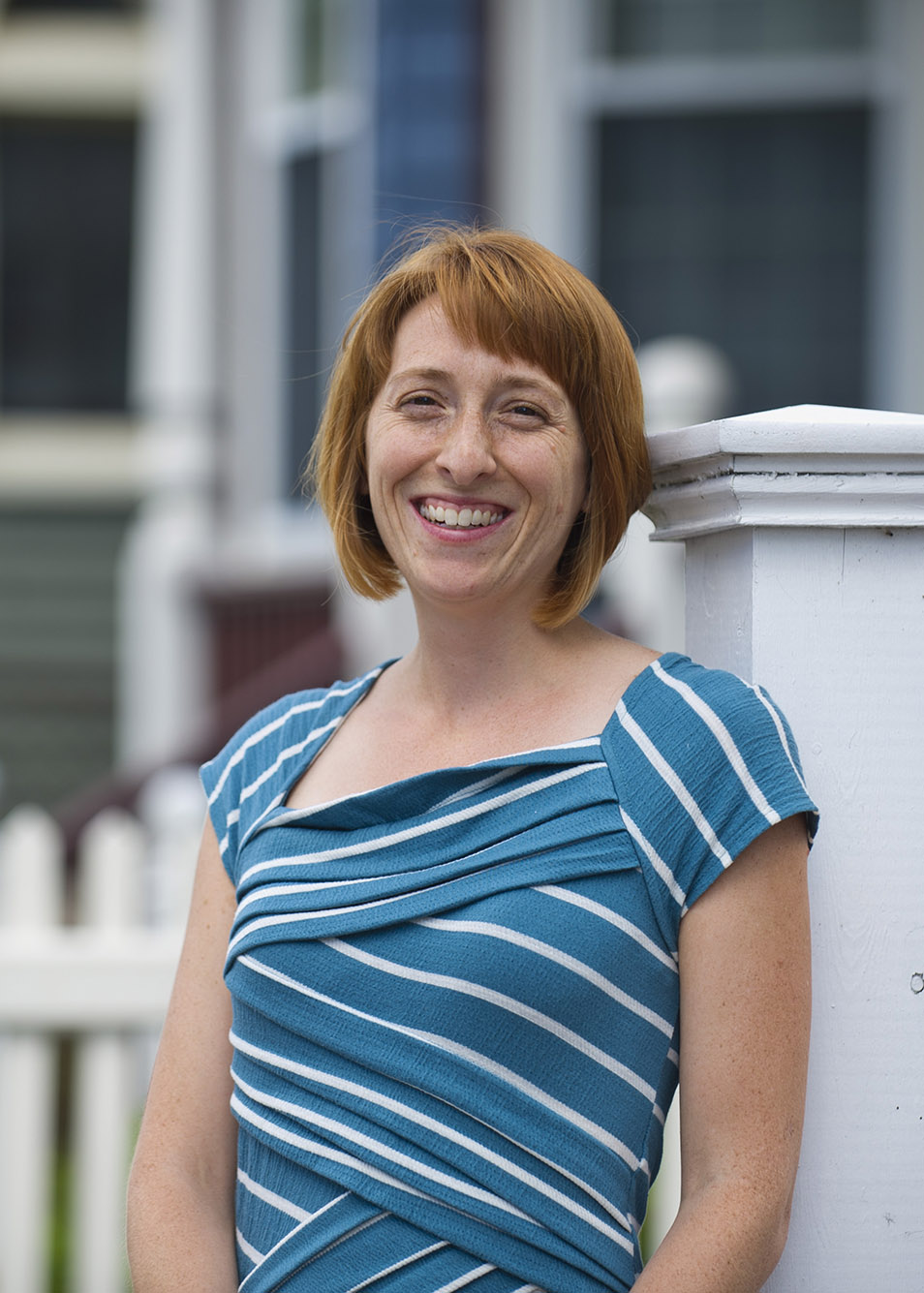Can We Stop the Gentrification of Cities?
International conference at BU to examine displacement from cities and policies to counteract growing global problem

Miami (pictured) is among the most gentrified cities in America, according to the National Community Reinvestment Coalition; Boston ranks third. A BU-hosted gentrification conference will ask what can be done about the issue and its impacts. Photo by Boogich/iStock
Can We Stop the Gentrification of Cities?
International conference at BU to examine displacement from cities and policies to counteract growing global problem
“Boston is what you might call a hyper-gentrified city,” says Loretta Lees, faculty director of Boston University’s Initiative on Cities. “It’s nigh impossible for a regular professional to buy a property anywhere in the vicinity of downtown Boston at all, myself included.”
But gentrification is happening in cities all around the globe: an influx of more affluent residents and rising housing prices pushes out existing tenants, changing the character of a neighborhood or community. The process can be driven by a host of factors, from the economics of development to climate change. Thursday, October 26, through Saturday, October 28, the Initiative on Cities and BU’s Department of Sociology are hosting “Gentrification & Displacement: What Can We Do About It? An International Dialogue.”

It’s the first major international academic conference on the topic since 2002 in Glasgow, according to Lees, who is also a College of Arts & Sciences professor of sociology, “and gentrification studies has taken off exponentially since then.” She gave a keynote address in Glasgow on super-gentrification in Brooklyn Heights, N.Y.
Gentrification is not a singular process, Lees says, even in Greater Boston, where gleaming new buildings and international investment are the hallmarks—the cover of the official conference agenda is a picture of the highly redeveloped Seaport District.
“Around [Cambridge’s] MIT and Central Square, and places like that, you’ve got the kind of tech gentrification that’s pushing out not only residential units, but also small businesses,” Lees says. “In the South End, it’s ultra-high-net-worth individuals coming in and buying up properties that were gentrified in the ’80s and ’90s, for $5 million or $6 million, ripping them apart, and doing them over again.
“And then you’ve got the more kind of frontier gentrification that’s happening in East Boston, where developers are building condos [and] acting as a rising sea that pushes out low-income communities in the adjacent area.”
Boston Mayor Michelle Wu has pushed for rent control in the city, and Lees was one of the experts her team consulted on the policy before her election. At the time, Lees chaired the London Housing Panel in the United Kingdom’s capital. “Mayor Wu’s rent control policy is much needed,” Lees says. “It is one tool in the fight against gentrification. Those who fight against rent control draw on the work of economists, but other research on rent control shows it protects tenants, increases residential stability, and decreases evictions. Our conference will be exploring tools like this.”
The BU event’s more than 200 registered participants hail from 25 countries, and there’s a long waiting list. Panels and other events focus on topics like anti-gentrification policymaking, homelessness and the housing crisis, and climate change. Keynote speeches and other plenary sessions will be recorded and may be made available for streaming later.

Lees co-organized the conference with Japonica Brown-Saracino, an ethnographer whose work includes research on communities with growing lesbian, bisexual, and queer populations.
“For me, what’s so exciting about this conference is it’s an opportunity for people from all over the world working in many different fields to speak with one another and, crucially, to bring activists, organizers, and practitioners into the conversation,” says Brown-Saracino, a CAS professor and chair of sociology.
She and Lees both see the effects of gentrification firsthand in Boston.
Since joining BU last fall, Lees has been renting an apartment in a new building in the Fenway and studying change in the neighborhood, including how her neighbors interact and the building owner’s attempts to foster community. “I’ve been here just over a year now,” says Lees, “and Fenway has changed in front of my eyes.”
“You have more and more global capital in certain neighborhoods,” Brown-Saracino says, “and then that pushes upper-middle-class people to other neighborhoods, which then pushes middle-class people to other neighborhoods. I live in Jamaica Plain, where you see the movement to Roslindale and then beyond that to Hyde Park.”
You have more and more global capital in certain neighborhoods, and then that pushes upper-middle-class people to other neighborhoods, which then pushes middle-class people to other neighborhoods. I live in Jamaica Plain, where you see the movement to Roslindale and then beyond that to Hyde Park.
One of the conference keynote speakers is Mindy Thompson Fullilove, a writer and social psychiatrist from New Jersey who studies community displacement and its effects on urban mental health.
“I have been doing research in inner city communities for a long time,” Fullilove says. “There have been a lot of federal, state, and local programs that have disrupted minority and poor and working-class communities. Urban renewal highway development, and, of course now, gentrification. We’ve called that serial forced displacement, and I’m going to talk about the history of that and the kind of [housing] crisis we’re in in the US.”
That kind of rupture in communities is bad for residents’ physical and mental health, she says, adding to maternal and infant mortality, addiction, and heart disease.
Gentrification used to be a problem of city neighborhoods here and there, Fullilove says, but now it’s a problem everywhere, with “housing prices through the roof.” That has a lot to do with international relationships, how money flows across borders and who gets to own real estate internationally, she says.
“It’s very important to start to have an international conversation about this, because it’s not a limited local problem that can be solved with limited local conversations and organizing. So, I think it’s a great conference,” she says.
The conference is also different from many predecessors in that it includes activists and others from outside academia, Brown-Saracino says, such as on a panel she’s chairing, hosted by Tiziana Dearing of WBUR, BU’s National Public Radio station. “It’s with Boston organizers and activists, and I’m really excited about that because I think we have so much to learn from the people on the ground who are grappling with gentrification and its consequences,” Brown-Saracino says.
On Saturday, the conference will close with visits to Dudley Street Neighborhood Initiative and East Boston Community Development Corporation, as well as a walk around the South End of Boston led by two longtime residents who have seen decades of dramatic change there.
“Of course, the conference has to answer the question in its title,” Lees says. “What can we do about [gentrification]? That’s the perennial question. So, one of the things that we want to do at this conference is get a sense of what kind of anti-gentrification policymaking has been happening, not just in the United States, but also across the world. And what’s actually achieved something and what hasn’t.”
The conference is sponsored by the National Science Foundation and the Lincoln Institute of Land Policy, along with CAS and several other BU entities.

Comments & Discussion
Boston University moderates comments to facilitate an informed, substantive, civil conversation. Abusive, profane, self-promotional, misleading, incoherent or off-topic comments will be rejected. Moderators are staffed during regular business hours (EST) and can only accept comments written in English. Statistics or facts must include a citation or a link to the citation.